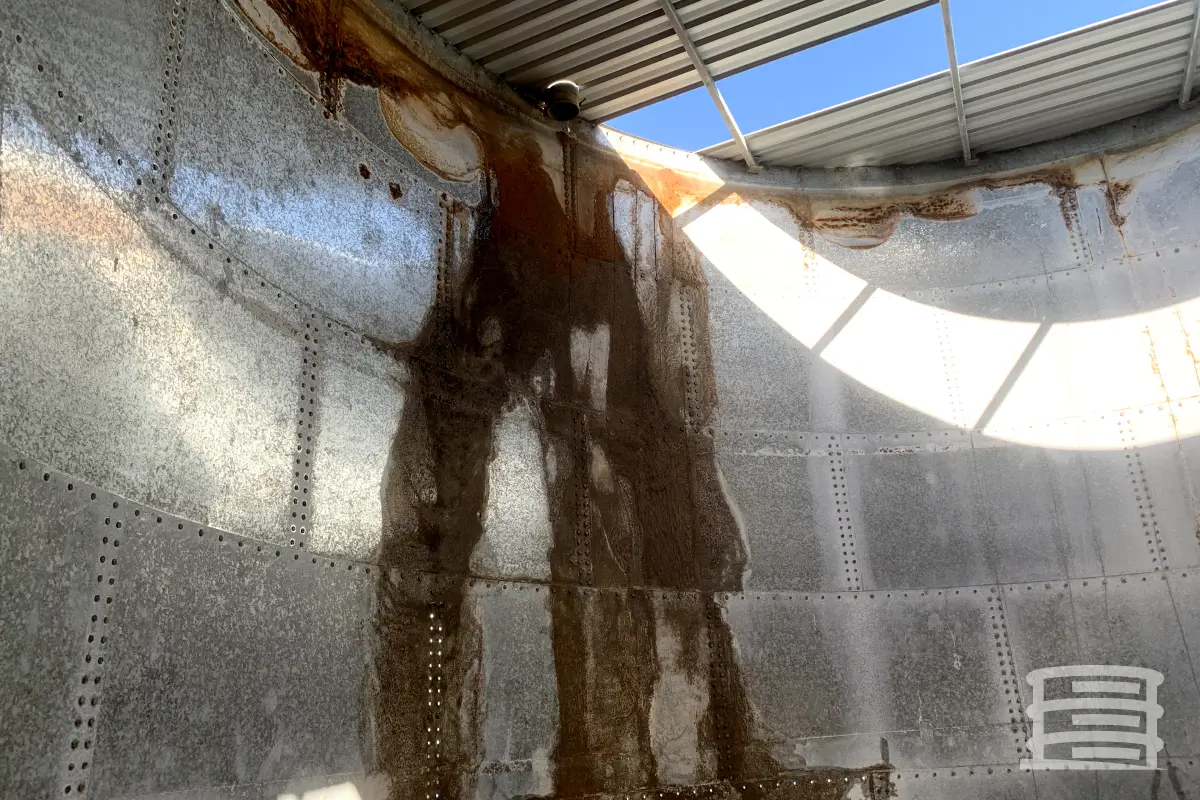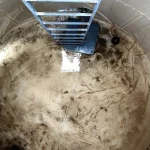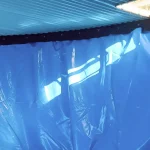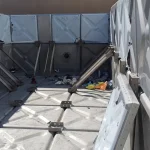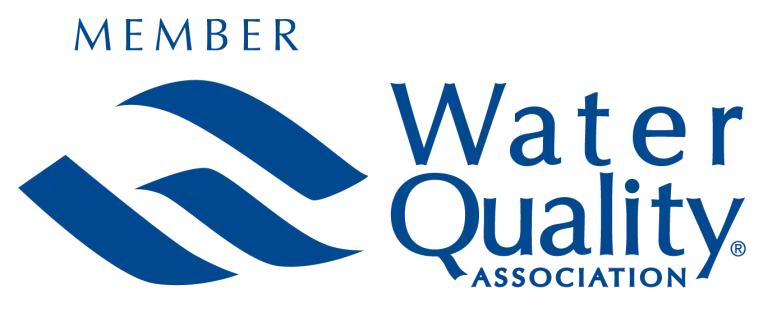Water tanks are lifelines for homes and businesses alike. But just like any metal exposed to water, they’re vulnerable to rust, or corrosion, over time. Here’s the bad news: a corroded tank can lead to nasty surprises – contaminated water, unpleasant taste, and even health problems. If left unchecked, corrosion can even cause the tank to fail completely.
The good news? Corrosion in metal water tanks is preventable, or at least manageable. By taking proactive steps, you can keep your tank functioning smoothly for years to come. After all, prevention is always better than cure!
This article dives into strategies for preventing corrosion in metal water tanks. By following these methods, you can shield your water storage from rust and ensure a safe, reliable supply of clean water
What is Tank Corrosion?
Over time, metal water tanks can fall victim to a hidden enemy – corrosion. This occurs through a scientific process called an electrochemical reaction. Imagine a tiny battery forming between the metal tank and the water or soil surrounding it. This reaction eats away at the metal surface, like slowly dissolving a sugar cube in your tea.
The results can be significant. According to the Environmental Protection Agency (EPA), nearly half of all underground storage tanks show signs of corrosion by the time they reach 15 years old. This breakdown can weaken the tank, contaminate the stored water, and ultimately lead to a costly replacement.
What Causes Corrosion in Water Tanks?
When reflecting on your chemistry lessons, it’s clear that metals and steels undergo chemical reactions upon exposure to water and oxygen, resulting in chemical changes.
Here are some of the primary reasons why corrosion occurs in water storage tanks with metal cages:
Oxidation
The primary cause of corrosion in water tanks is oxidation of metals. This occurs when oxygen in water interacts with the metal, causing it to deteriorate. There are two main types of oxidation: galvanic corrosion and chemical oxidation.
Galvanic corrosion happens when dissimilar metals are in direct contact or exposed to battery acid. Chemical oxidation, on the other hand, results from the interaction between metal ions and atmospheric oxygen.
Rust Formation
Rust forms when iron reacts chemically with air or water, resulting in the accumulation of iron ions on the metal’s surface. Over time, this reaction creates a powdery substance known as rust. Accumulated rust can lead to the development of holes in the metal, compromising its structural integrity and potentially causing leaks.
Carbonation
Corrosion can also be triggered by carbon dioxide in water. Concrete, for instance, becomes vulnerable to carbonation as the inherent alkalinity diminishes. This process occurs when carbon dioxide from the atmosphere penetrates the concrete, creating mild carbonic acids in the pore solution of hydrated cement paste.
How to Prevent Corrosion in Water Tanks?
Even though the risk of tank corrosion and subsequent damage is significant, there are proactive steps you can take to mitigate these risks.
Here are some essential tips to follow:
- Ensure proper tank installation
- Make sure the tank is installed correctly, with its cap securely sealed to prevent groundwater from entering. Inspect seams for any signs of leakage.
- Schedule regular inspections
- Arrange for professional inspections promptly if any equipment or components show signs of malfunction.
- Maintain your tank diligently
- Follow the manufacturer’s maintenance instructions rigorously during routine upkeep. Avoid overfilling the tank to prevent operational issues.
- Install and maintain safety valves
- Ensure all safety valves are installed and functioning properly to prevent tank overflow during emergencies or malfunctions.
- Check for signs of corrosion
- Regularly inspect the tank for stains, bulges, or leaking joints, as these can indicate corrosion. Stay vigilant and conduct thorough inspections.
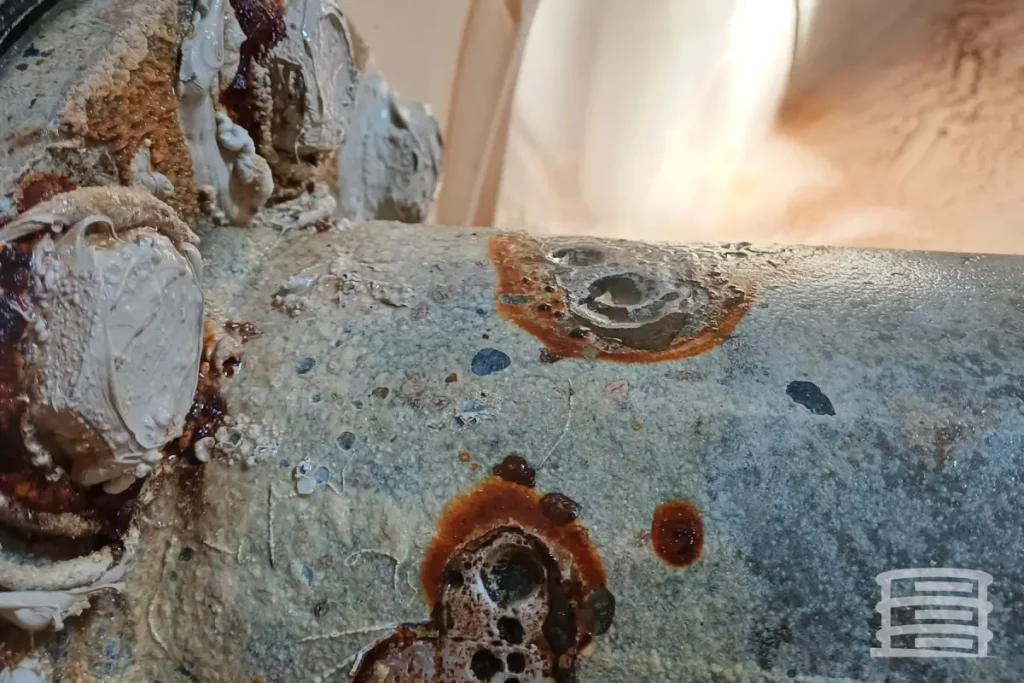
By staying vigilant and taking proactive measures, you can prevent further damage and ensure your tank remains in optimal condition.
Tank Preservation? We’ve Got You Covered!
Preserving your tank from potential damage is a significant responsibility, encompassing various considerations and adherence to standards. If managing tank inspection and maintenance feels overwhelming, fret not. Professional water tank service companies are well-equipped to handle these tasks efficiently.
At NFPA 25 Inspections by American Tanks, we prioritize client satisfaction above all else. With over two decades of expertise, we specialize in industrial and commercial tanks and tank liners. As licensed providers, we ensure strict compliance with international standards for safety and protection.
We continually update our practices to incorporate the latest innovations, ensuring we deliver optimal service to you. Get in touch with us today and let us know how we can assist you!
Call NFPA 25 Inspections by American Tanks at +1 800 656 0167
Or email at info@nfpa25inspections.com
